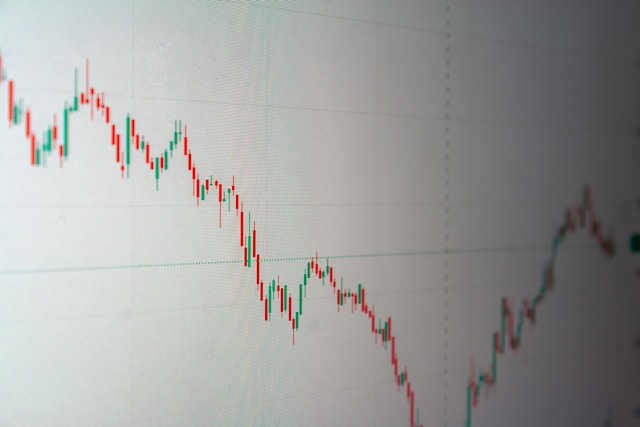Financial markets move in cycles of stability and turbulence. For investors, learning to navigate these fluctuations is essential for protecting assets while positioning for growth. Market volatility often creates opportunities alongside risks for those who understand how to respond effectively.
Understanding the Causes of Market Volatility
Several factors drive market volatility. Economic data surprises frequently trigger rapid price movements. Geopolitical tensions create uncertainty that affects investor confidence. Central bank decisions on interest rates ripple through all asset classes. Even unexpected events like natural disasters can disrupt markets temporarily.
Seasoned investors recognize volatility as normal market behavior rather than something to fear. The challenge lies in separating meaningful trends from short term noise that shouldn’t dictate long term strategy.
Practical Strategies for Volatile Markets Broaden Your Diversification
A truly diversified portfolio includes multiple asset classes. Equities, bonds, commodities and alternative investments often move differently during market stress. Global diversification helps reduce reliance on any single economy. Defensive sectors like healthcare and utilities typically show more stability during downturns.
Focus on Quality Fundamentals
Companies with strong balance sheets weather storms better. Look for businesses with consistent earnings, reasonable debt levels and durable competitive advantages. These quality investments tend to recover more completely when markets stabilize.
Maintain Emotional Discipline
Market drops tempt investors to sell at the worst times. Having a predefined investment plan helps avoid emotional decisions. Setting clear rules for when to buy and sell removes guesswork during turbulent periods.
Implement Dollar Cost Averaging
Investing fixed amounts at regular intervals smooths out purchase prices. This approach prevents poorly timed lump sum investments and reduces the impact of short term volatility.
Stay Informed Without Overreacting
While monitoring markets is important, obsessing over daily moves leads to overtrading. Long term investors benefit more from fundamental analysis than reacting to every headline. For reliable market insights, trusted financial research platforms provide balanced perspectives.
Finding Opportunity in Market Turbulence
Volatility creates chances to buy quality assets at discounted prices. Oversold sectors often rebound strongly when conditions improve. Investors with available cash can take advantage of these situations.
History shows markets have recovered from every downturn. Patient investors who maintain their strategies during volatility tend to be rewarded over time.
Preparing Your Portfolio
Keeping some cash reserves provides flexibility during market drops. Regular portfolio reviews ensure your asset allocation still matches your risk tolerance. Rebalancing periodically locks in gains and maintains your target risk level.
For investors seeking deeper analysis, comprehensive financial resources offer valuable research and data-driven insights. Staying informed helps navigate uncertainty with greater confidence.

Leave a Reply